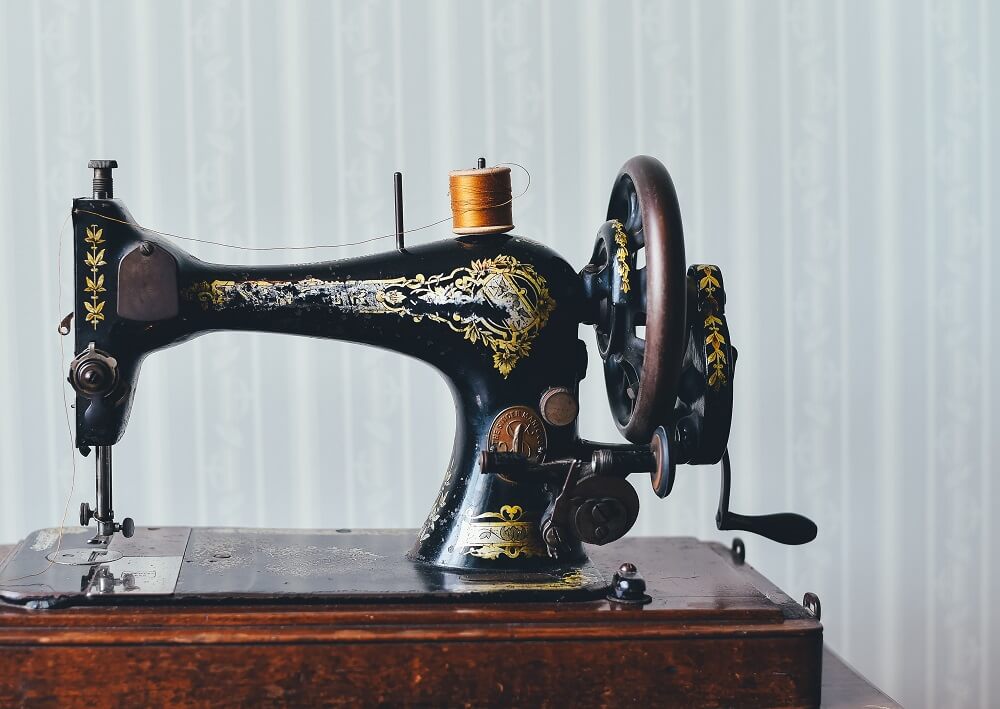
If you cast your mind back, you’ll probably find you’ve owned, or at least come across, an antique in your time. Whether you visited a local antique shop for afternoon team with your mum, inherited a family heirloom or just fell in love with an antique piece of furniture, antiques are fairly common. While some people collect them, others make a good living from them. Buying and selling antiques is a great way to earn some extra money, but it can be a bit unpredictable. Just watch a few episodes of the Antiques Roadshow if you don’t believe us! That’s why it’s best to learn the ropes a bit before you jump into buying and selling antiques. So, that’s what we’re going to help you do today.
When it comes to dealing in antiques, it pays to have an expert in your corner. Unless you’ve been doing it for years, it can be difficult to spot good buys from bad, or hidden gems. Working with a dealer, you’re more likely to get the ‘real deal’, along with advice from someone within the industry. Having a dealer in your corner means you will get the best deals both when you buy and when you sell, and a little expert advice can go a long way in the world of antiques. If you don’t know where to start, the British Antique Dealers’ Association has a great dealer-finder tool to help you find the right dealer for your antiques.
Unless you are running antiquing as a full-time business, buying and selling antique pieces is all about what you enjoy and love. The antique market changes all the time, with items going in and out of fashion depending on what current trends are. This means you might end up holding onto a piece for a while before it’s worth selling it on. So you might as well enjoy what you buy! Most of the antique dealers you will meet started out because they loved the specific items they were buying, and it grew from there. So when you’re choosing what to buy, go with your gut – if it’s something you love and it’s in your budget, it’s probably a great buy.
Antiques aren’t all pretty furniture and shiny spoons. The market is littered with fakes and imitation pieces, and to make sure you don’t lose money you will need a keen eye to spot them. If you’re buying, make sure you’re thoroughly inspecting each item before you commit, and know the tell-tale signs of a fake for that particular item. A good rule of thumb for any antique is that if it looks too new, it probably is! Stock up on reference guides for your preferred item type and train yourself to look for fakes. If you’re selling, you may need to prove to a discerning buyer that your item is genuine, and be able to answer questions. This may be easier for furniture or branded goods, but it can be done for any antique.
A great source of antiques for you, both buying and selling, with be auction houses. If you’re selling, you can arrange to meet with auctioneers to get a pre-sale estimate, as well as advice on what day to sell. But if you are going to sell at auctions, don’t forget that the service isn’t free. Auction houses will often take a percentage of your final sale value as commission (usually around 10%) along with reserve price fees and no sale fees. So when you’re working out your costs, don’t forget to include these.
Of course, you don’t have to limit yourself to selling your antiques at auction. You could also dabble in the online market, which has grown a huge amount in the last few years. It’s a tough market with a lot of competition (there are around 1,641,084 antiques for sale on eBay at any one time), but it can give you some great results. However, if you are going to sell online, remember to:
If you don’t fancy trying eBay, there are plenty of other ways you can sell antiques online – usually through more specific websites for the items. Selling online makes it simpler and easier for you to sell antiques from the comfort of your own home, at a time that suits you.
Above all, you need to do your research. Antiques are a huge market with a lot of variables, and it’s important not to rush into it without a clear plan. So before you start, spend some time researching, talking to other antique dealers, ask questions and go to some events. The Art & Antiques Fair in Olympia is a fantastic annual event to go to, as it hosts 160 of the world’s leading specialist art and antique dealers, so you can pick their brains. Once you feel you have a firm understanding of the market, your items and how to go about things, you can start buying and selling.
Of course, you also need somewhere to keep all of these antiques. Particularly if you’re dealing in furniture, it’s not always practical to keep your purchases in your own home. If you’re looking for a secure place to keep your antiques out of the way, we can help. Our self-storage options across the country are fully secured, climate-controlled and easy to access when you need to, giving you the perfect antique storage system. For more information, just get in touch with the team.